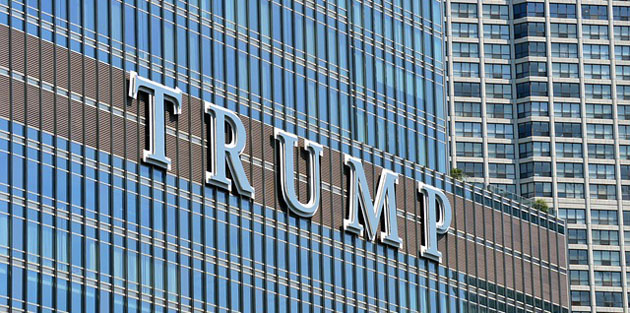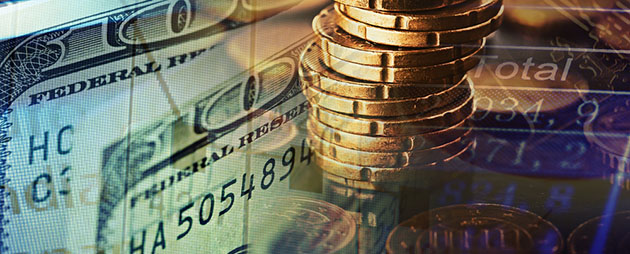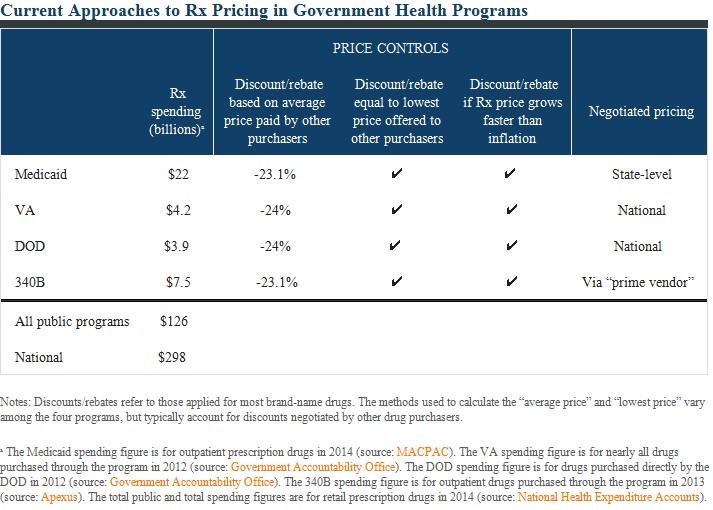Money manager Adrian Day reviews recent developments at a handful of gold companies, both juniors and seniors.
Franco-Nevada Corp. (FNV:TSX; FNV:NYSE,NY 62.58), already one of most diversified of royalty companies, is expecting further commodity diversification ahead, with CEO David Harquail saying the company will do more deals in non-precious metals, particularly oil and gas. The company's mandate allows for up to 20% of the portfolio outside precious metals—currently it's at 94% precious metals—and Harquail said he would like to get to that level soon. Franco currently has availability liquidity (cash and credit lines) over $1 billion.
The reason for the diversification is that the gold industry is essentially "ex-growth," according to Harquail, who says companies are investing in new projects to maintain production, but "none of these projects are really great."
Company Can Take Its Time
Harquail also noted that Franco does not need to be in a rush to invest. It has growth built in for the next five years from royalties on advanced-stage projects, while it could maintain its dividend for the next 32 years even if it did nothing else.
Franco is also appealing more and more as an investment to long-term conservative institutions, including generalist funds who want a small exposure to gold and resources without the extreme volatility from mining companies. Franco remains a foundational investment for us. If you don't own it, it's a good buy here. Continue reading "Gold Stocks for All Risk Appetites"



